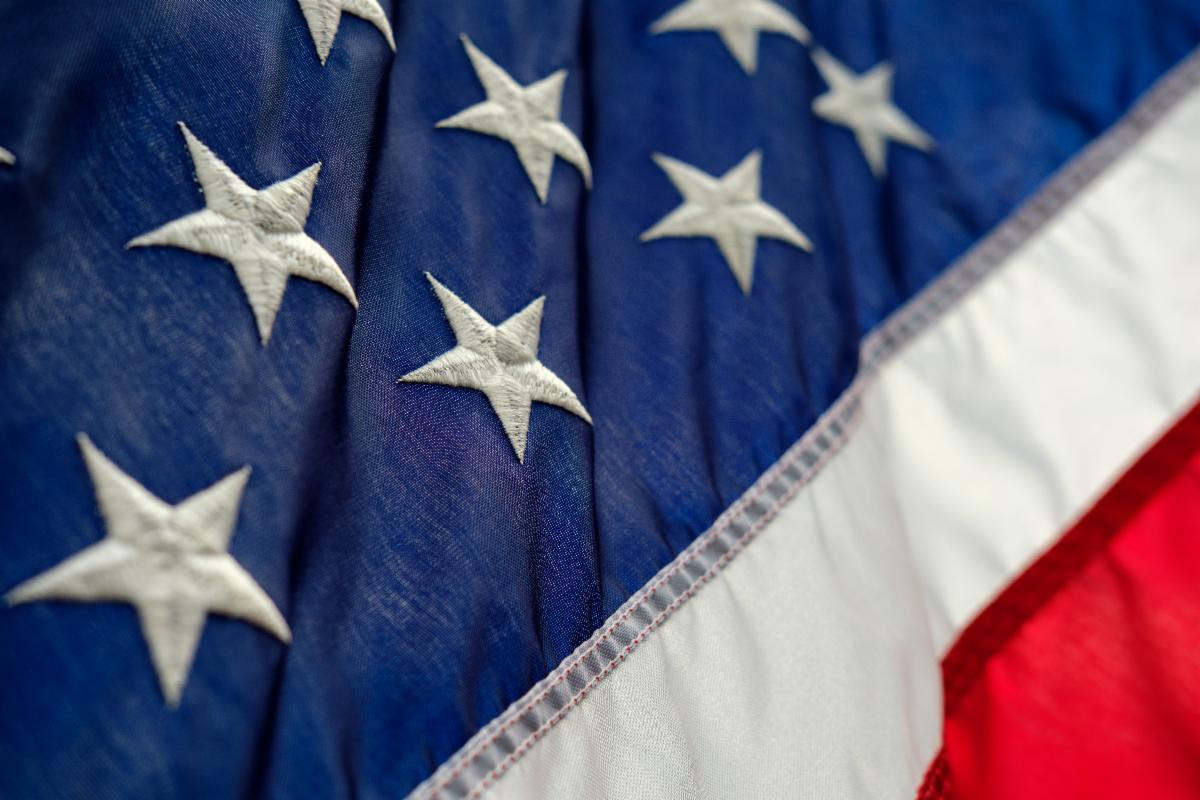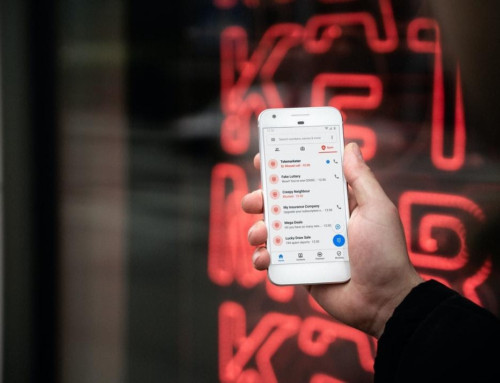– Earlier this month, the FTC announced that Vonage will be required to pay $100 million in refunds to consumers harmed by its use of “dark patterns,” make its cancellation process simple and transparent, and stop charging consumers without their consent.
close up image of part of the American flag –
BenShot, LLC (“BenShot”) and Lucky Shot USA LLC (“Lucky”) sell drinking glasses with bullets embedded in the sides of the glasses, and both companies advertise their products as made in the USA.
BenShot sued Lucky (along with its parent company and the owner of both companies) in federal court, claiming that Lucky violated the Lanham Act, as well as state laws, by promoting its products as having been made in the United States.
You might wonder what’s wrong with such a claim. If the statements are true: nothing. If, however, as in this case, some of the products incorporate significant imported components, a “Made in US” representation is misleading.
It turns out that while BenShot really does manufacture its products entirely in the United States, Lucky begins with glasses that are made in China with the special indentations to hold the bullets. Some batches of products were completely made in China, including the gluing of the bullets.
After several years of litigation, the case went to trial, and the jury awarded BenShot more than $3.15 million dollars in damages.
While this was a civil lawsuit brought by one company against a competitor, the Federal Trade Commission also enforces laws relating to claims that products are made in America. In fact, a new Made in USA Labeling Rule went into effect in July 2021.
This relatively new rule prohibits marketers from including unqualified Made in USA claims on labels, packaging, and promotional materials unless:
1) final assembly or processing of the product occurs in the United States;
2) all significant processing that goes into the product occurs in the United States; and
3) all or virtually all ingredients or components of the product are made and sourced in the United States.
According to the FTC, “Made in USA” means that “all or virtually all” the product has been made in the United States. In other words, all significant parts, processing, and labor that go into the product must be of US origin. Products should contain no (or only a negligible amount of) foreign content.
There is no “bright line” rule establishing when a product is “all or virtually all” made in the United States, and the FTC looks to a number of factors when making this determination.
First, for a product to be considered “all or virtually all” made in the United States, the final assembly or processing of the product has to take place in the United States.
The FTC considers other factors as well if this minimum threshold is met, including but not limited to the portion of the product’s total manufacturing costs that are attributable to US parts and processing, and how far removed from the finished product any foreign content is.
Since the new rule was enacted, the FTC has been cracking down on false allegations that products were made in the United States. For more information about the applicable rules, visit the FTC’s website.
Please let us know if you have any questions about these FTC guidelines or need assistance drafting guidelines and policies.
Photo by Luke Michael on Unsplash






